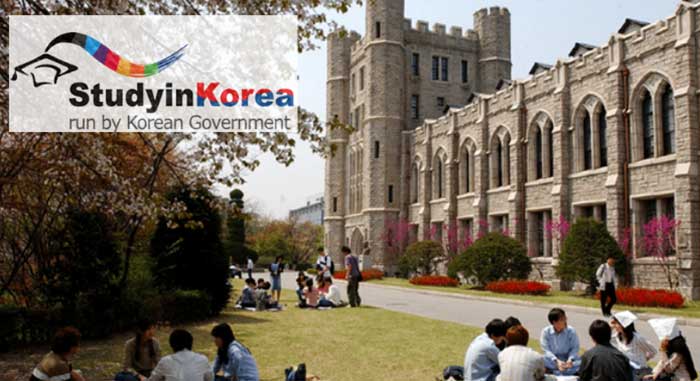
What is a Library?
A separate room where the collections of books, periodicals are kept is called a library. A library is a collection of books, materials or media that are easily obtainable for use.
The library is the heart of the school’s academic activities. It’s a hub of joint exercises at the school. The library can be a mainstay for teachers and students. They provide teachers with research tools and interested students with more in-depth knowledge of the subject through school supplies. They are much more than storage spaces for information. A library’s collection can include books, newspapers, periodicals, maps, documents, cassettes, videotapes, board textbooks like the KSEEB syllabus, subject-wise books for all classes of students, e-books, audiobooks, databases etc. The libraries are the vibrant places where people come to learn, access resources and develop life skills.
Significance of School Library in Student’s Life
The essence of its library remarkably inspires the instructional programme of a school. The library plays an essential role in students’ lives by providing them with the storehouse of knowledge. It’s a great source of information for young minds in schools. According to the Secondary Education Commission, the library will be the hub of all the intellectual activities in the schools. It is indispensable for the student-centred teaching and learning process. It provides students and teachers with ample opportunities through its resources. Students can access their study materials like journals, periodicals, newspapers which help them update their knowledge with current affairs and improve their general knowledge. It also provides subject-wise textbooks for all the classes prescribed by different educational boards like the state board syllabus, CBSE board syllabus, ICSE boards syllabus, TN board syllabus, which helps the students understand their subject knowledge through referring to these textbooks.
The importance of a library in a school can not be overemphasised.
- Positively influence the academic performance of the students. They can function better through examinations by reading numerous books.
- Promote the work of classroom teachers.
- Assures each student has equitable access to resources irrespective of home opportunities or limitations.
- Manage independent learning programs which combine information resources and technologies.
- Present and advance quality fiction to develop and nurture in students the habit of reading for pleasure.
- Enhance students’ intellectual, aesthetic, cultural and emotional growth.
- Provide students with the skills required to succeed in a constantly changing technological and social-economic environment.
- Collaborate with classroom teachers to plan, execute, and evaluate inquiry-based programs to ensure students obtain skills to critically analyse, problem-solve, and organise information.
- Provide teachers with access to important curriculum information and professional development materials within and outside of the school.

The Purpose of the School Library
The purpose of the school library is to help each student and teachers obtain knowledge, skills and temperaments for learning and individual improvement that they will utilise throughout their life. A library is an imperative means of developing beneficial study customs in students. The teaching-learning process will be lack-lustre without a sound library. Research highlights the phenomenal impression of a well-researched library on a student’s learning outcomes. It is not only the nerve centre of academic learning but also an excellent place to spend one’s leisure time.
- Libraries enhance students’ results.
- School libraries influence studies
- They are guiding documents
- Enriching teaching and learning performances
- Promoting inquiry learning
- Promoting literacy and reading
- Admiring your unique school community
- School library spaces welcome people in
- They bring information together
School libraries are unique, but they are also part of a much more vast information landscape. Today’s libraries have prolonged their scope to technological resources. Many extend access to the internet, adding to your wealth of resources!



:max_bytes(150000):strip_icc()/3591108120_f5a1a62a5e_o-58e5543c5f9b58ef7e8de9e0.jpg)